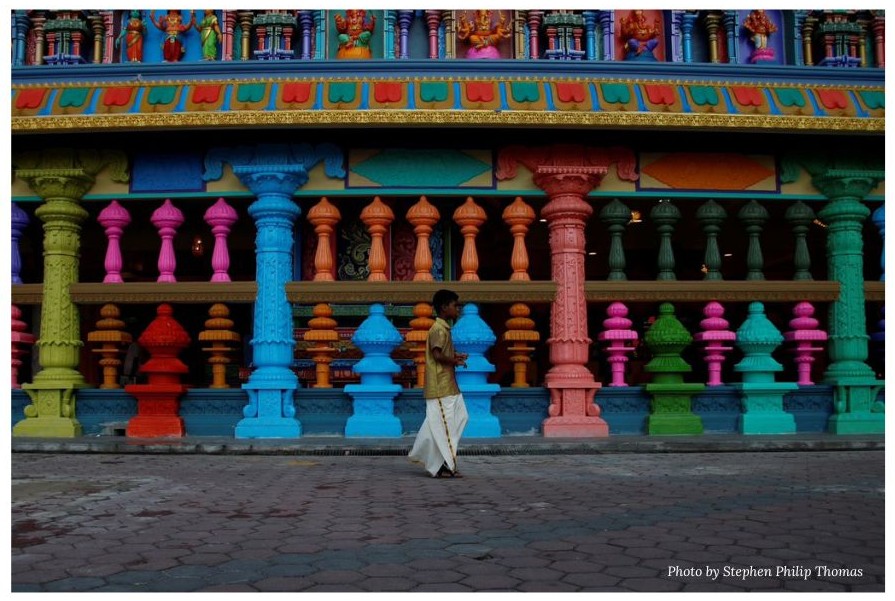Feminist Temporality and the Negotiation of Gender Identity and Agency in Zen Cho’s Black Water Sister
DOI:
https://doi.org/10.22452/sare.vol61no2.5Abstract
Using Steven Hitlin and Glen Elder’s theory of temporal agency and Elizabeth Grosz’s theory of feminist temporality, this article examines complex temporality and three female characters’ agency and negotiation with Confucian patriarchal gender norms in Zen Cho’s Black Water Sister (2021). Across different generations, three female characters—one millennial diasporic Malaysian Chinese girl, a local Malaysian Chinese ghost, and a Malaysian Chinese ghost/goddess—experience supernatural journeys to challenge Confucian patriarchal discourse. Diverse strategies of female agency concerning different temporal dimensions are reflected through the three female characters’ daily behaviours, resistance, and life choices. These behaviours and choices are shaped by their individual experiences and Confucian patriarchal gender norms at different times. By exercising female agency, three female characters immerse themselves deeply in the past or find a balance between memory and forgetting in order to heal the traumatic past or create a feminist future.
Downloads
Published
How to Cite
Issue
Section
License
Copyright (c) 2024 Sirui Fang, Grace V. S. Chin

This work is licensed under a Creative Commons Attribution 4.0 International License.
Copyrights of all materials published in SARE are retained by the authors. Authors may republish their work or grant others permission to republish it. We would be grateful if republication is accompanied by an acknowledgment that the work was originally published in SARE.








